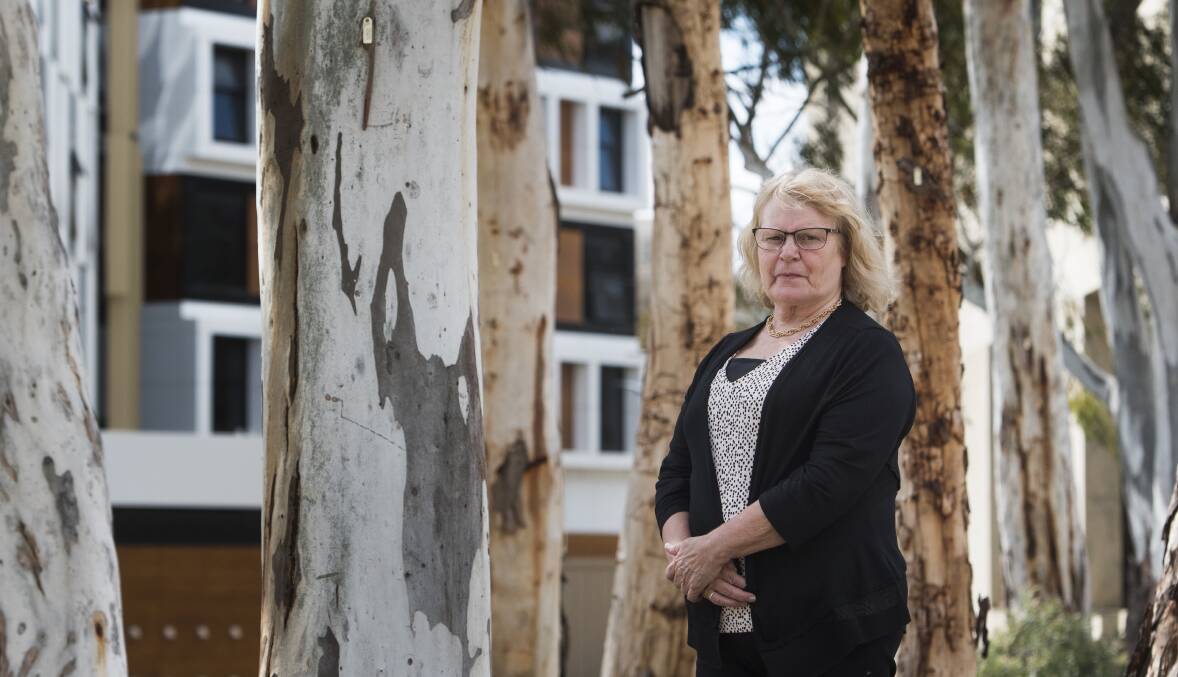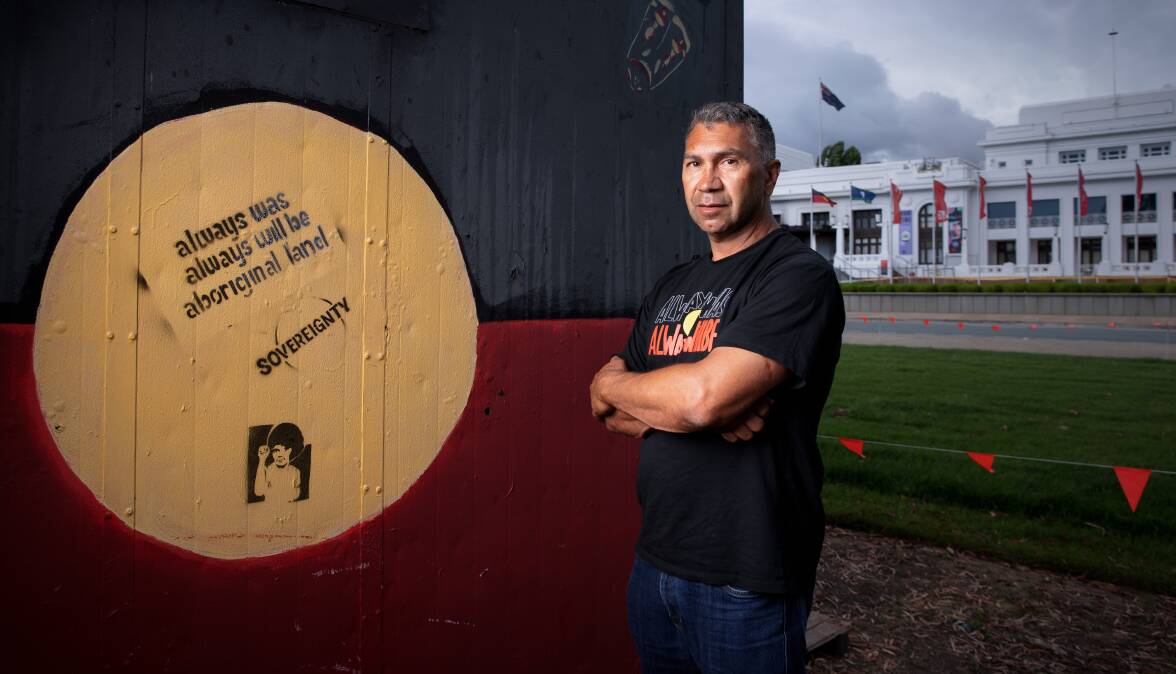
The ACT Supreme Court has received "a flood of affidavits" from Ngunnawal people who wish to be heard as Ngambri custodians sue the territory government for alleged breaches of their human rights.
Chief Justice Lucy McCallum said "about eight" affidavits had been filed, as she also asked parties to the case to consider where the court might hold outdoor hearings in "a less adversarial environment".
Ngambri custodians launched civil action against the ACT government last year, alleging it had flouted their human rights by failing to recognise them as traditional owners of the Canberra area.
At the time, Paul Girrawah House told The Canberra Times he and other Ngambri people were seeking recognition and bringing the case to stop the government's "blatant" discrimination and hypocrisy.
He said he firmly believed the government's "one-tribe policy" of recognising only the Ngunnawal people as traditional owners contravened provisions of the ACT's Human Rights Act.
"We have irrefutable evidence of our ancestry and connection to Canberra and [the] surrounding region that can be traced back to the time of the first European settlement in the 1820s," Mr House said.

"But the ACT government refuses to accept this evidence and consistently acknowledges only the Ngunnawal.
"The fact remains that the name Canberra is derived from the name of our people and country: the Ngambri."
When the case reached court last November, the United Ngunnawal Elders Council applied to join the matter as a defendant.
While Chief Justice McCallum denied the council's application, she agreed to call Ngunnawal Elder Roslyn Brown to represent that tribe as the court's witness.
The territory's top judge said on Friday she had believed this had resolved any concern about the voices of Ngunnawal people being heard in the case, but the court had since received "a flood of affidavits".
"There are about eight of them," Chief Justice McCallum said, describing the deponents as people who identified themselves as members of the Ngunnawal tribe and wished to be heard in the proceedings.
Ms Brown objected to the affidavits being on the court file, with her barrister, Prue Bindon, saying six of them appeared to have been filed by people who had misunderstood what her role in the case would be.
Ms Bindon said the United Ngunnawal Elders Council had authorised Ms Brown to be "the sole representative" of that tribe in the proceedings.
But Chief Justice McCallum, who noted Ms Brown had come to be involved by filing an affidavit, said she was concerned not to "shut out" people who had filed what appeared to be applications to be heard.
The judge said she would ask the registrar to notify the deponents of the new affidavits that the case would be back in court on April 14, when those people should attend if they wished to be heard.
She also asked counsel for parties to the case to obtain instructions from their clients on places that would be "acceptable, appropriate and culturally safe" if the court was to hold outdoor hearings.
Chief Justice McCallum indicated she was particularly keen to hear expert evidence in such places.
She had previously floated the idea of a "yarning circle".







